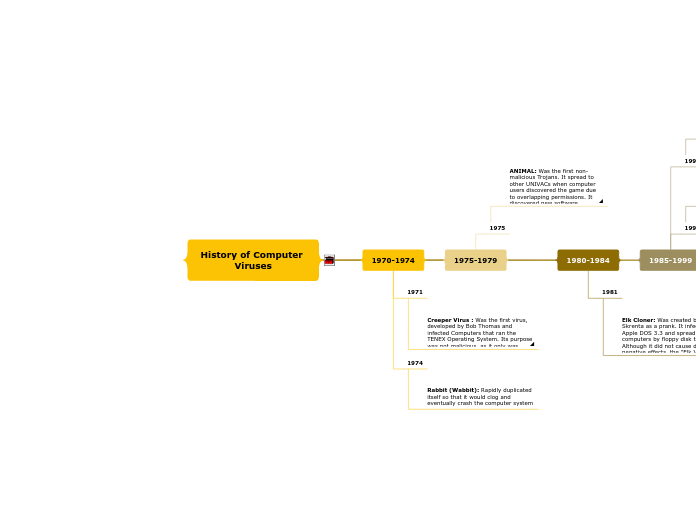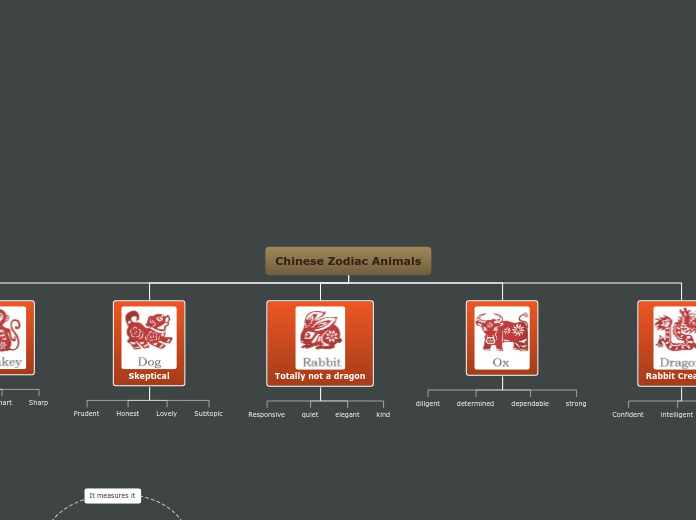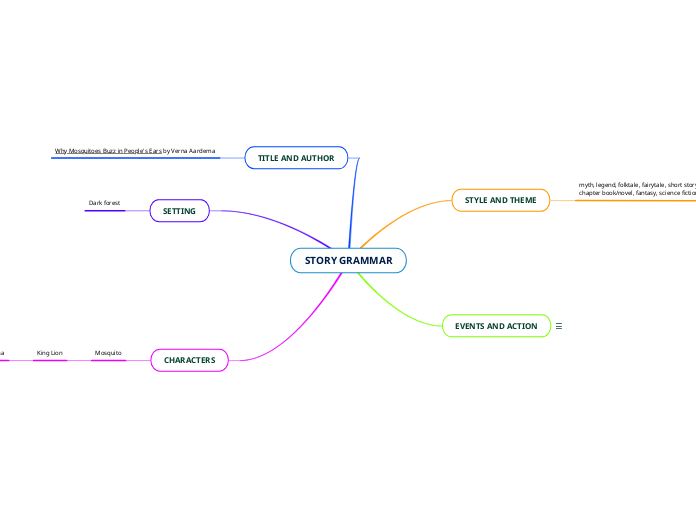によって Ana-Lucia Flores 2年前.
149
History of Computer Viruses
The history of computer viruses reflects a timeline of evolving threats that have targeted digital infrastructures over the years. Starting with the Creeper Virus in 1971, which was more of a proof of concept by Bob Thomas, the landscape quickly evolved with more sophisticated and damaging malware.









